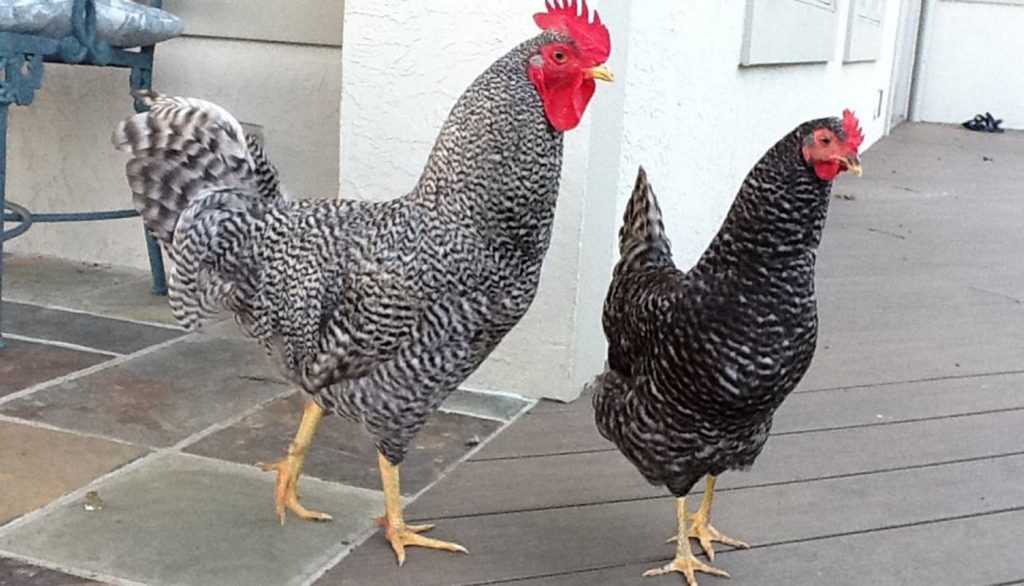
These beautiful chickens are probably one of the rarest American breeds of chicken. Once a very popular farm breed due to its prolific egg laying and tasty meat. This breed of chicken comes in two colors the barred which was most popular due to the fact that its color was less likely to attract predators than the White Holland. It is said that the white Holland is all but extinct now with the barred Holland no too far behind it. This breed needs more breeders to help bring its numbers up and keep it from becoming completely extinct.
| Country of Origin: | America |
| American Poultry Association: | Recognized as a breed of chicken in the United States |
| Chicken Category: | Large Breed |
| Chicken Class: | American |
| Bantam Variety Available? | Yes – Single Comb Clean Legged Bantam Classification |
| Good Starter Chicken? | They are a low maintenance chicken with a nature that makes them perfect as a starter chicken. Although they are not easy to find. |
PURPOSE⇒ |
Eggs: They are very good egg layers.
They lay medium to large sized white eggs from 200 – 240 per year They will lay consistently throughout winter and summer They start to lay eggs from around 16 to 20 weeks old.
Meat: Their carcass, yellow skin and tasty meat is a chicken variety that is most popular in America
Breeding: They can be bred and they hens do get broody and will raise their chickens.
If you are wanting to breed the Holland it is best to get in touch with current breeders. Being extremely rare and hard to come by these chickens will require an experienced breeder.
Foraging: They love to scratch and forage about. They do not enjoy being confined as they prefer to eat what they have foraged.
Show Bird: They are a rare breed, so they could make excellent show birds if there is a show class for the bird given its status.
Pets: These sweet calm, gentle birds make excellent pets.
Other: They are quite cheerful birds that are happy to forage and scratch about in the sun. They will even keep a person company in the garden.
|
| Flyers? | They can fly quite well |
| Noisy Birds? | They are not very noisy birds so make good backyard chickens |
| Interaction with other chickens: | They get along well with other breeds. As with any flock if you are introducing new birds it is best to slowly socialize them with the flock. |
| Good with kids? | Their gentle calm nature makes them a great pet to have around children. |
HISTORY
Holland chickens were developed by Rutgers Breeding Farms in New Jersey, the USA in the 1930’s. During this period there was a demand for dual purpose chickens that laid medium to large white eggs.
All the white egg laying breeds at the time were lightweight birds that did not have much meat and the birds that were meaty laid brown eggs. This prompted Rutgers Breeding Farms to develop that Holland chicken breed.
The breed gets its name from its ancestry which is mainly chicken breeds that originated/imported from Holland.
These breeds from Holland were crossed with breeds such as the Rhode Island Red, Lamona, New Hampshire and the White Leghorn. This was the careful selection made to produce the White Holland, a breed that is now said to be extinct.
The Barred Holland was created from the crossing of Barred Plymouth Rock, Australorp, White Leghorn and the Brown Leghorn.
The Holland became a farm favorite as the bird is an excellent forager quite capable of finding its own food or at least half of its daily requirement. Their wonder personalities and calm gentle nature made them a good pet to have in smaller backyard coops.
Hollands have a slow to a moderate growth rate which is not ideal for commercial chickens due to the necessity for faster growers to meet supply and demand.
Thus, Holland chickens never became industry favorites although they were still quite the farm favorite in the mid-1900’s. The Barred Holland being more popular than the White Holland as the White Holland tended to draw more predators.
The Holland is a beautiful chicken that will lay plenty of large white eggs, keep the garden pest free and will eat half its food from what it has foraged. It is the perfect homesteaders’ chicken and needs more breeders to help get its numbers back up.
They were accepted into the Standard of Perfection by the American Poultry Association in 1949.
CHARACTERISTICS |
|
|---|---|
IDENTIFICATION⇒ |
Appearance/Body: Barred Holland females are darker in color than the roosters. They all have sturdy clean yellow legs, red wattles, face and earlobes. From the sides, their full bodies, sturdy necks and fluffed tales give the chicken a heart shape.
Color(s) White and Barred
Comb: They have a single comb
Ave. Weight: Pullet/Hen 5.5 – 6.5 lbs.
Cockerel/Rooster 7.5 – 8.75 lbs. |
| Life Expectancy: | The average lifespan is 8 years |
| Health: | They have no known health issues and are quite a hardy bird. But they may be prone to frostbite in extremely cold conditions. |
| Temperament: | Gentle calm and friendly birds |
| Socialize Behavior? | They get along well with all other animals |
| Known predators: | Most domestic animals leave them alone but it is always best to keep an eye on dogs and cats. If hawks and or foxes are in your area it is always best to take precautions. Check with local animal shelters, zoos, vets, animal control and or pet stores about common predators in your area. |
| Conservation Status: | These birds conservation status is recorded as “critical”. It is best to check on any special license or instructions that may be set up for owning these birds. This can be checked with your local or national conservation centers. |
IDEAL ENVIRONMENT |
|
|---|---|
| Garden Size: | They adapt well to most sized gardens and take confinement well. As they are excellent foragers and love to forage a garden on the larger size with lots of foliage is more appropriate for these chickens. |
| Ideal Climate: | They are very hardy birds that handle the cold and the heat although precautions should be taken as with any animal in extreme conditions. |
| Ideal Coop: | The rule of thumb for any coop is 50 cm x 50 cm per hen/rooster in the coop. Ensure there is a good space for the nesting boxes and nightly roosting rails at least 1.5 inches wide. Good ventilation for air but not too drafty especially in winter. It is always a good idea to raise the coop off the ground to give the birds a dry place to roost and lay especially in wet weather. |
| Ideal Coop Run: | Holland chicken can fly and will if they have to or want to. It is best to completely cover the coop run. It will also offer the chickens a more safe and secure environment. |
| Ideal Flock Size: | They are quite happy in any size flock as long as they have one companion to wander the gardens with. |
| Special Instructions: | Other than trying to increase their numbers these birds do not have any special requirements. |
| Accessories: | The following accessories are ideal for your coop: Nesting boxes Straw for the boxes and roosting area Roosting rails Perches Water troughs/bowls Food bowls/feeders Heating lamp(s) Animal carrier for transport purposes |
| You may Also Like: | 45 FREE DIY CHICKEN COOP PLANS, TUTORIALS AND DESIGNS |
WHERE TO FIND THESE BIRDS TO ADD TO YOUR FLOCK
This is a very rare breed that will not be found at normal live poultry outlets and farms. It is best to check with your local conservation centers, American Poultry Association and the Rare Poultry Association for registered breeders. Sand Hill Preservation Center can also help in obtaining this very rare breed. They will also be able to help with any special requirements, attention or care they may need. If you plan on breeding your chickens, you will want to make sure that they are from a good bloodline.
CARING FOR THE BIRD(S)
Please click here for our full guide to “Taking care of chickens”. This is a comprehensive guide to owning chickens. It covers where to start from choosing your ideal flock, the coop that would best suit your garden, your bird and you to buying and bringing your bird(s) home.
GENERAL
Except for their critical conservation status, they are a low maintenance bird that will enhance any flock with their beauty, nature and excellent egg laying abilities.
GROOMING
These chickens do love their dust bath and will love some added herbal essences mixed into the loose sand to help with pests and excess feather oils. They adore attention and these gentle creatures will have no objection to a regular examination for mites, lice and various other parasites. Checking for these pests in their feathers should be done at least once a week to your chickens healthy. Always get your birds de-wormed on a regular basis especially if they are around other animals or interacting with kids.
DIET AND NUTRITION
Holland chickens will need a balanced diet of chicken pellets, grains, chicken mash or grain mix from 8 weeks old and older. This should be fed to them first thing in the morning before they are let out to roam about to ensure they are getting all their nutrients. As excellent foragers, these chickens tend to save their appetite for their fresh garden catch so do not take as much to feed as most chickens.
For baby chickens, the best is always Chick Starter when they are under 8 weeks old.
Laying hens should get extra protein and calcium in their diets to ensure the quality of their eggs and to keep them in tip-top health.
They do love to be fed table scraps in the form of vegetables and fruit. They find these scraps even better if they are served as ice-cubes on very hot days.
Feeding your chickens correctly will give your organic garden a lot of nutritious fertilizer to make your vegetables or flowers grow.
Please see our comprehensive guide to “Feeding your chickens” for more information of the different types of chicken feed for chicks, hens, laying hens, roosters, etc. and where to buy the feed and approximate cost of the feed.
SOCIALIZING THE BIRD(S)
These friendly, calm Holland chickens are not a difficult bird to socialize but do not let their easy-going nature fool you. They will show their dominance once their pecking order is established and will not back down to another, especially a newcomer trying to take over.
Always check on how well a breed will get on with your current flock before buying them as you do not want to upset your coop or stress your current flock.
If you want to introduce another breed with your Holland flock, try a breed that has a gentle nature that will match theirs. A more aggressive breed may cause untold disruptions that could end in a bit of a disaster.
As with any newcomer to the roost, you will have to quarantine the bird for 7 – 31 days to ensure it does not have any unwanted critters or disease that could spread to your current flock.
Holland does tend to have a rather established pecking order, so it is advisable to socialize them slowly and determine when it is right to allow them to become a permanent part of the flock.
NOTES / SPECIAL INSTRUCTIONS
As they are registered as a “critical” conservation status they may need an extra license to own or keep in your garden. For advice on what the bird’s conservation status and orders are please check with your local conservation department.
For breeders, it is imperative that you always check your bird’s bloodlines and ensure you are buying your birds from a reputed breeder/farm. In order to sell birds of such stature, they have to be recorded and documented, always check with local animal breeding organizations for these records.
These legitimate documents are also required should you wish to show your bird(s) in various poultry shows/competition showings.
For information and advice on adopting rescued animals, you can visit or contact your local animal welfare center.
Video
USEFUL LINKS
- Caring for your Chicken
- Feeding
- Health
- Socializing your Chicken
- Breeding Chicken
- Raising Chickens A-Z
- Hatching Eggs
- What is Molting
- Animal Shelter (ASPCA)
- American Veterinary Medical Association
- American Poultry Association
- American Animal Welfare Society
- American Animal Control
- American Animal Husbandry Society
References
- https://en.wikipedia.org
- https://livestockconservancy.org
- https://www.roysfarm.com
- https://www.mypetchicken.com
- https://www.backyardchickens.com
- https://www.feathersite.com/
 Buckeye Chicken Breed – Everything You Need to Know
Buckeye Chicken Breed – Everything You Need to Know Color Varieties that are found in a lot of the Various Chicken Breeds
Color Varieties that are found in a lot of the Various Chicken Breeds Malay Chicken Breed – Everything You Need to Know
Malay Chicken Breed – Everything You Need to Know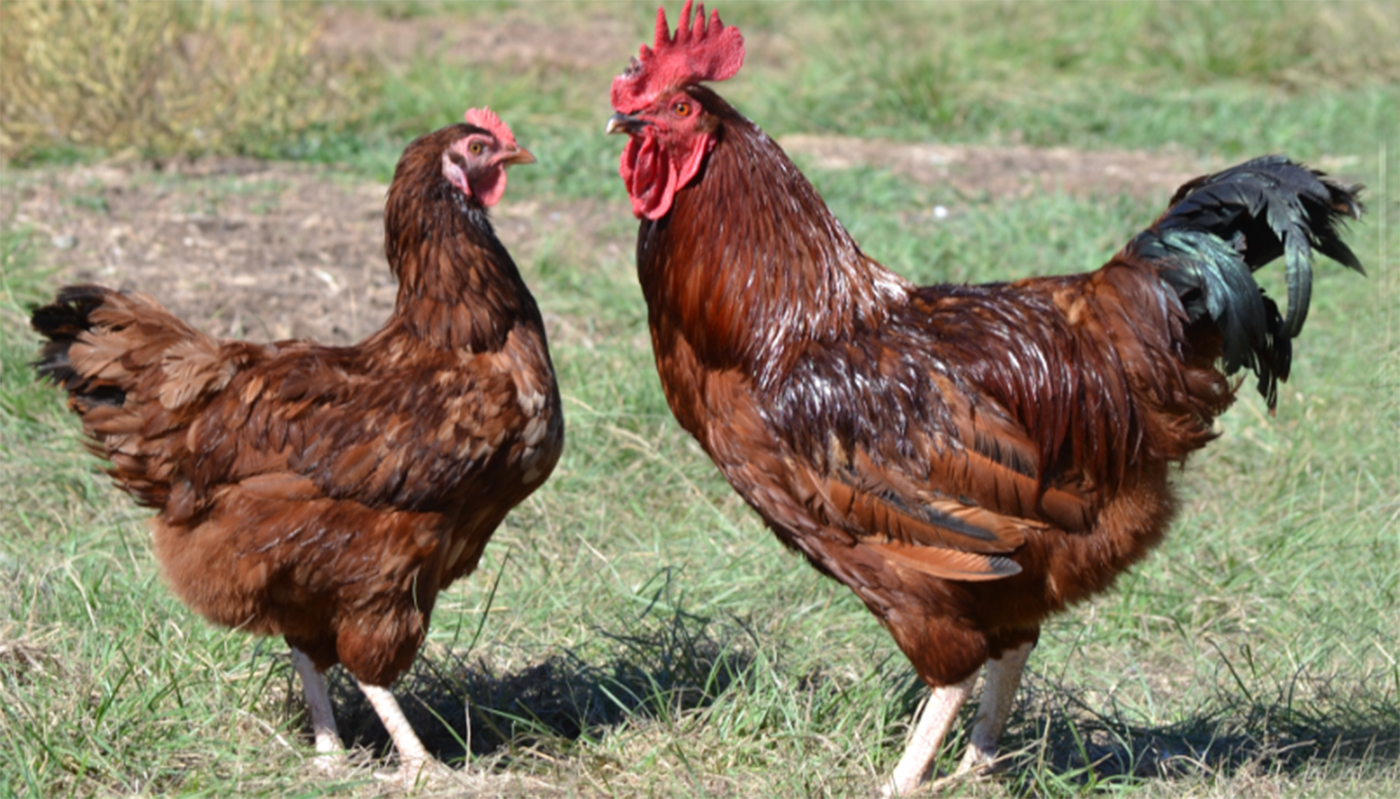 Rhode Island White Chicken Breed – Everything You Need to Know
Rhode Island White Chicken Breed – Everything You Need to Know CONDITIONS THAT AFFECT THE A CHICKENS FEATHERS
CONDITIONS THAT AFFECT THE A CHICKENS FEATHERS Chicken Breeds that Lay Brown, Blue, Green, Olive, Pink or Different Colors
Chicken Breeds that Lay Brown, Blue, Green, Olive, Pink or Different Colors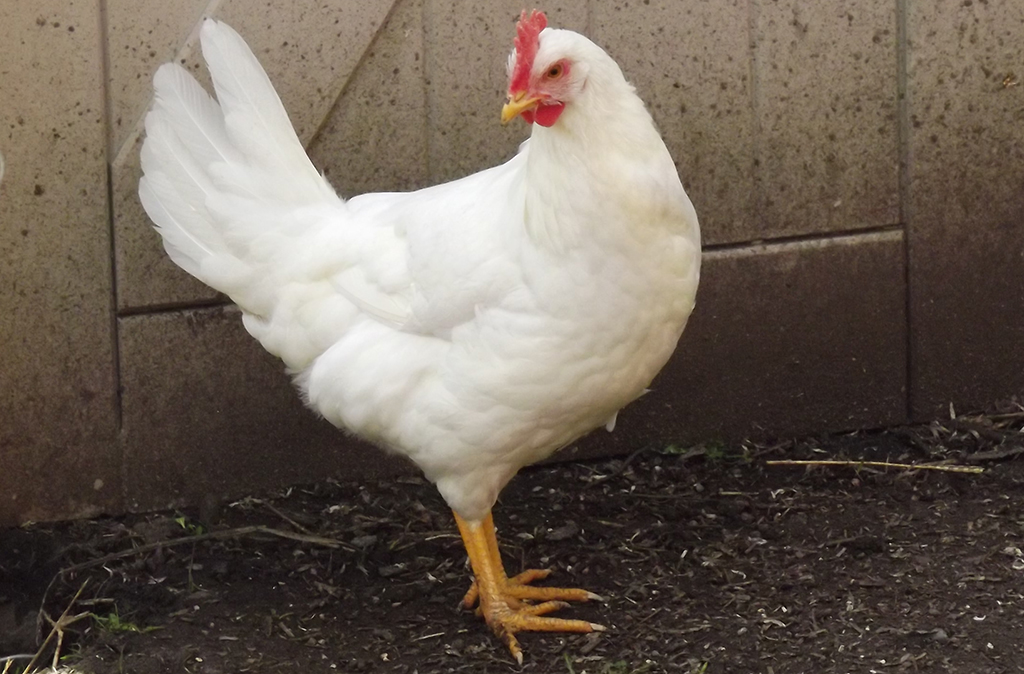 Top Chicken Breeds for Free Ranging
Top Chicken Breeds for Free Ranging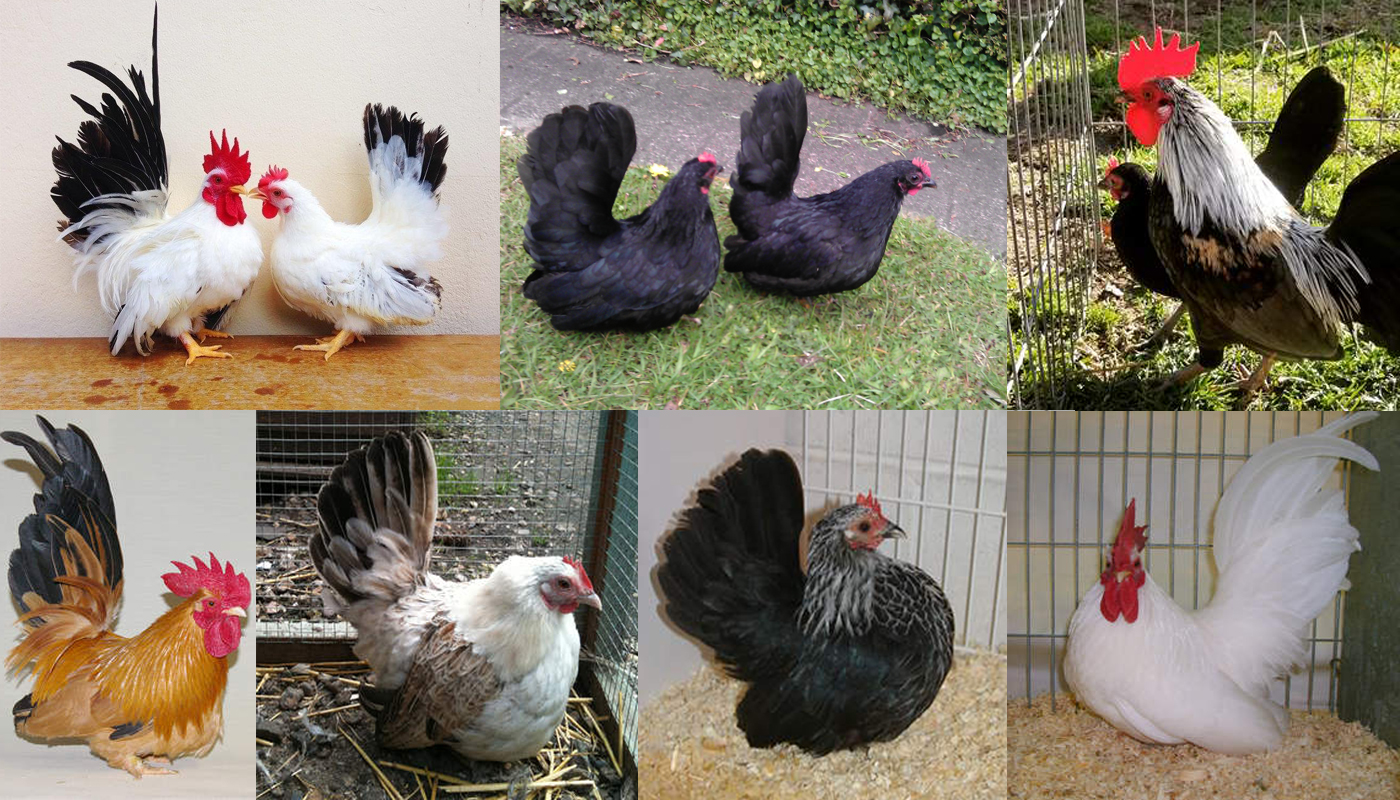 Japanese Bantam Chicken Breed – Everything You Need to Know
Japanese Bantam Chicken Breed – Everything You Need to Know Plymouth Rock Chicken Breed – Everything You Need to Know
Plymouth Rock Chicken Breed – Everything You Need to Know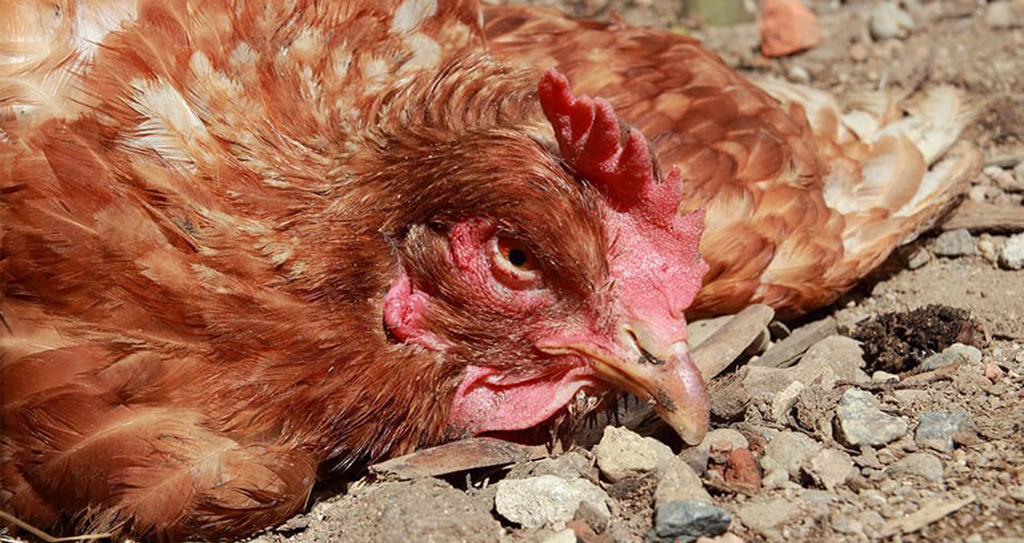 CONDITIONS THAT AFFECT A CHICKENS GUT
CONDITIONS THAT AFFECT A CHICKENS GUT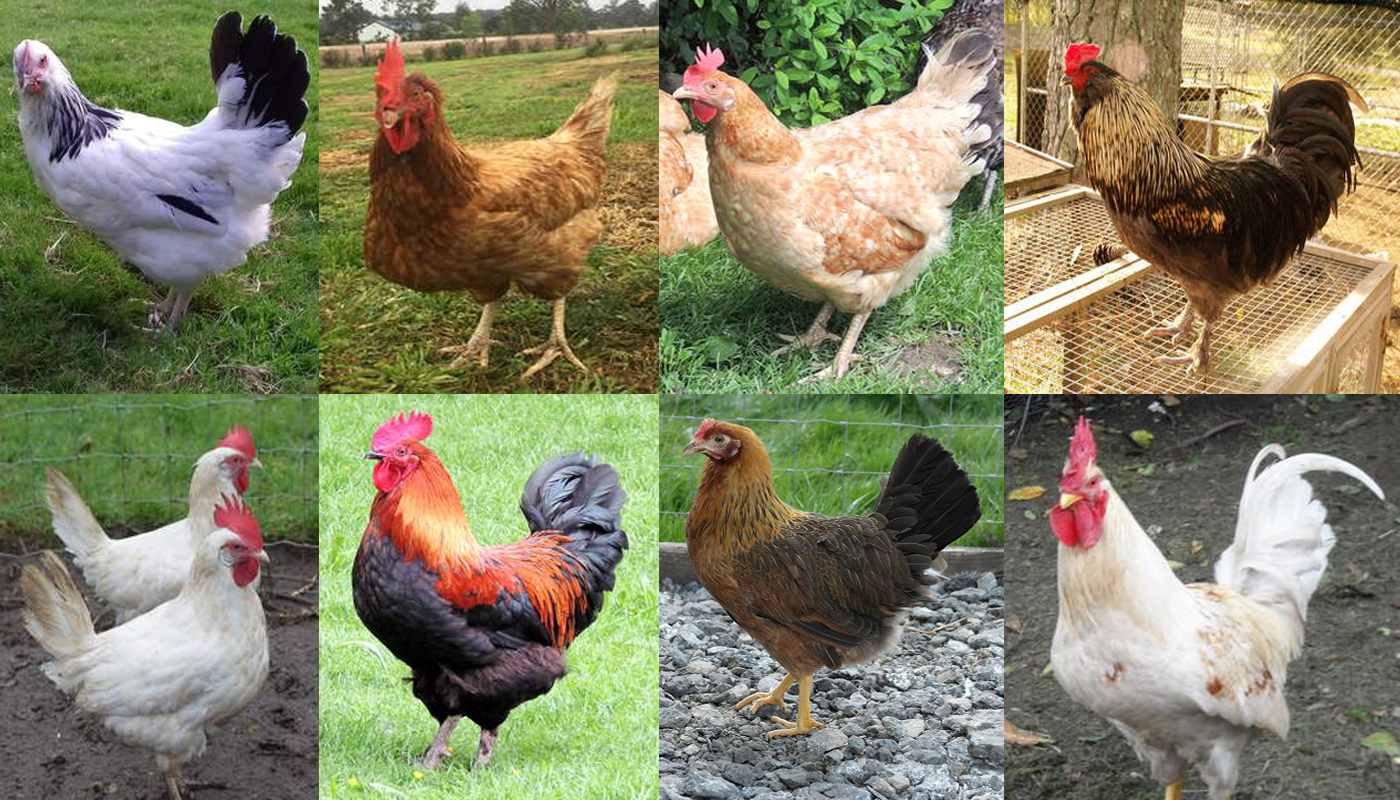 10 Chicken Breeds that Make the Best Starter Chickens for the First Time Poultry Keeper
10 Chicken Breeds that Make the Best Starter Chickens for the First Time Poultry Keeper